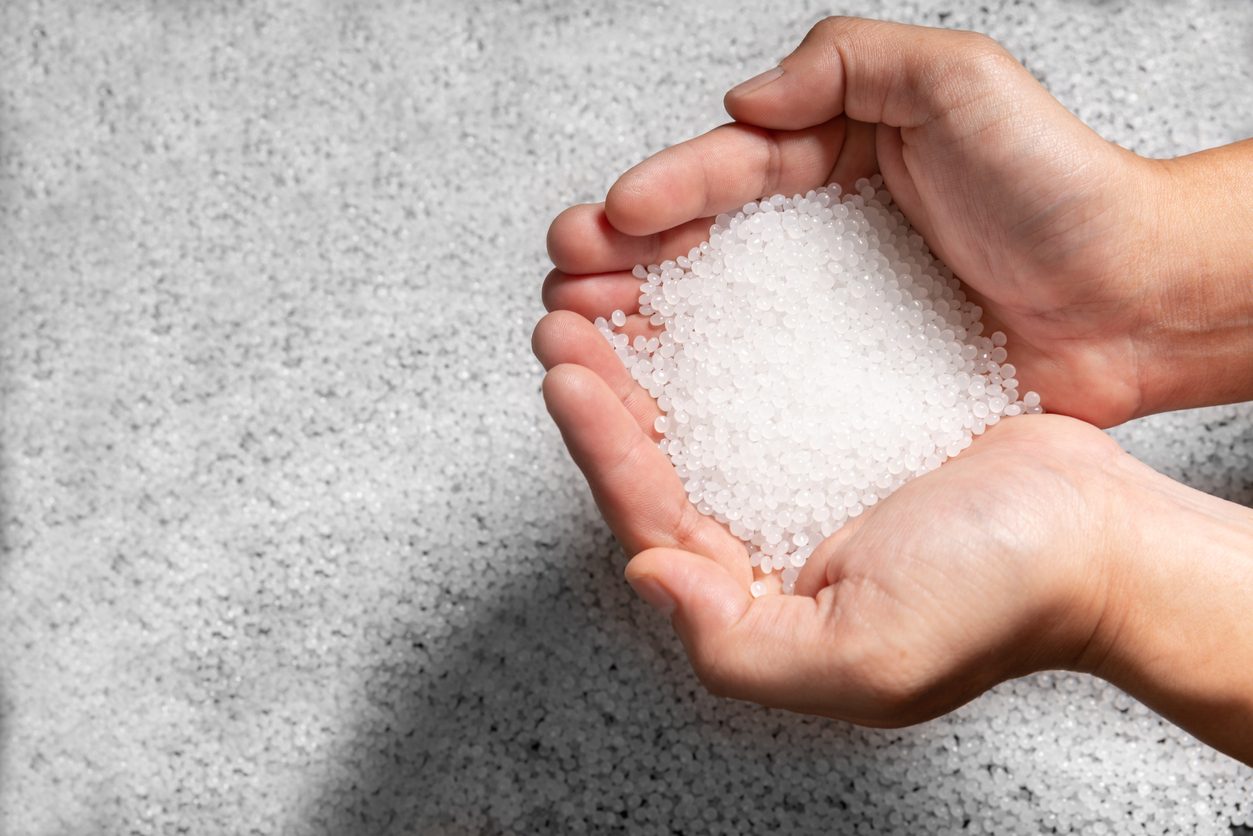FINE CHEMICALS
Applied Catalysts can provide catalysts, systems, and services for continuous flow process chemistry, enhancing the sustainability and low cost of manufacturing Fine Chemical products.
01
How can we help with Fine Chemicals?
Process chemists working on Fine Chemical processes often involve numerous steps with multiple by-products. Applied Catalysts R&D and Catalytic Materials can significantly reduce the amount of by-product chemistry.
02
Benefits for our Clients
Applied Catalysts can provide support for many steps in your production process. Catalysts, reactor and separations systems, and engineering support.
We help improve processes for the production of fine chemicals to help achieve lower production costs and lower levels of impurities. With do this by transitioning batch processes to continuous processes.
Although an individual substrate may not warrant continuous production, multiple products can run through the same catalyst bed, particularly with the ACMC products, where simple solvent washing can run multiple chemistries.
Bring Us Your Challenge
Are You a Catalyst, Service or Systems Provider?
CATALYST DEVELOPMENT SERVICES

Catalyst Development
Applied Catalysts offers catalyst development services based on heterogeneous catalysts. Combining our testing services with our catalyst development services accelerates project success and maximizes value creation for the customer.
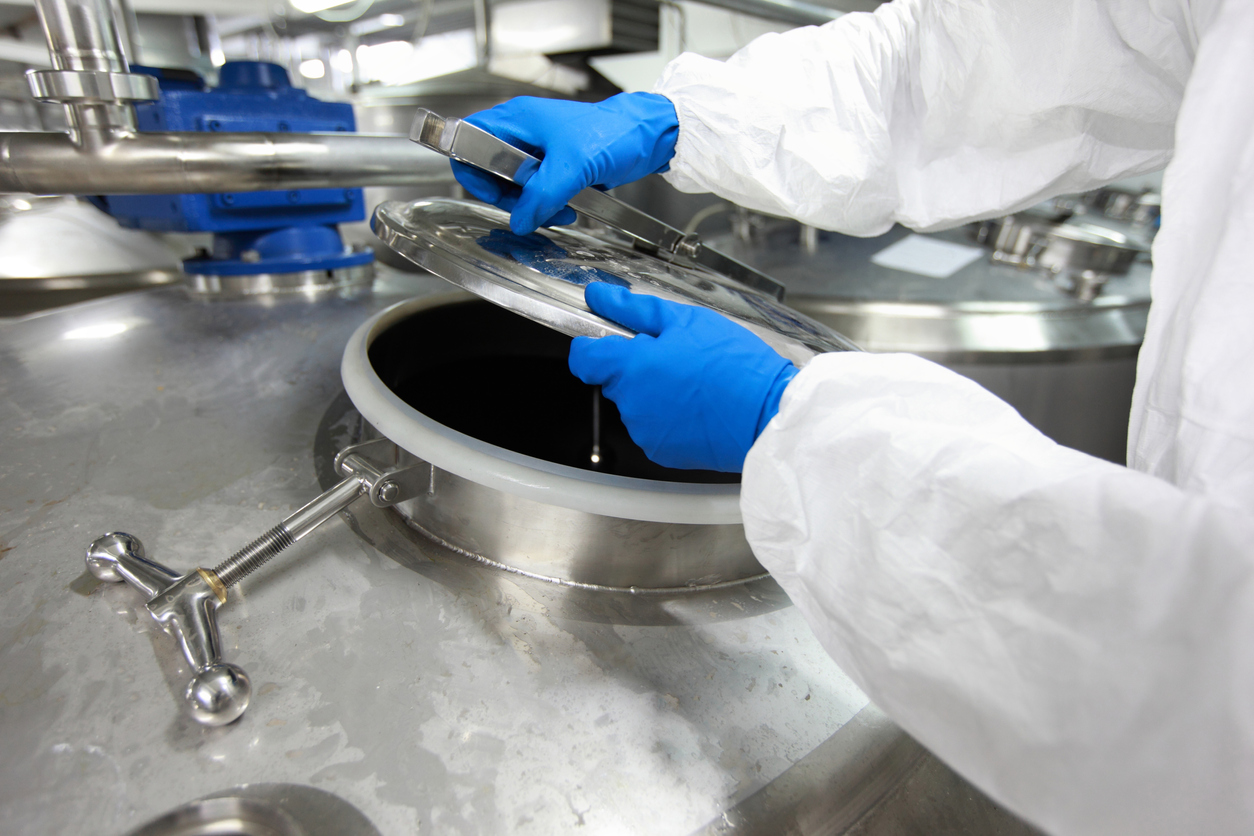
Catalyst Sourcing
There will be times when alternate suppliers are needed. As a supplier of catalyst and process technology ourselves, we can help customers source catalysts and chemicals in many areas.

Catalyst Testing
We offer lab-scale and show-tube scale testing of hydrogenation and other chemical processes under reductive or inert conditions. Other chemistries can also be run by request.
CATALYST SYSTEMS
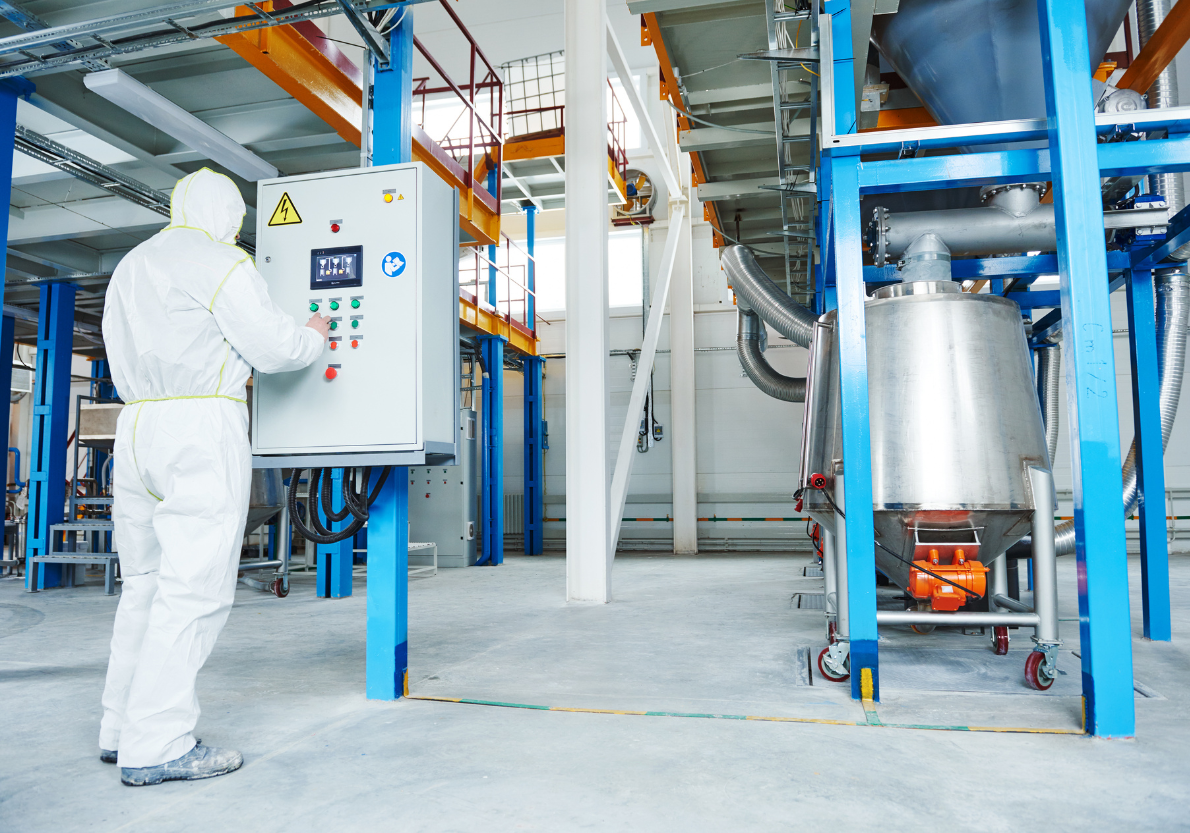
Batch Reactor Systems
Batch reactor systems offer a reliable and flexible way to manufacture a wide range of chemical products and allow for better control over each reaction step, making them an ideal choice for many chemical manufacturers.
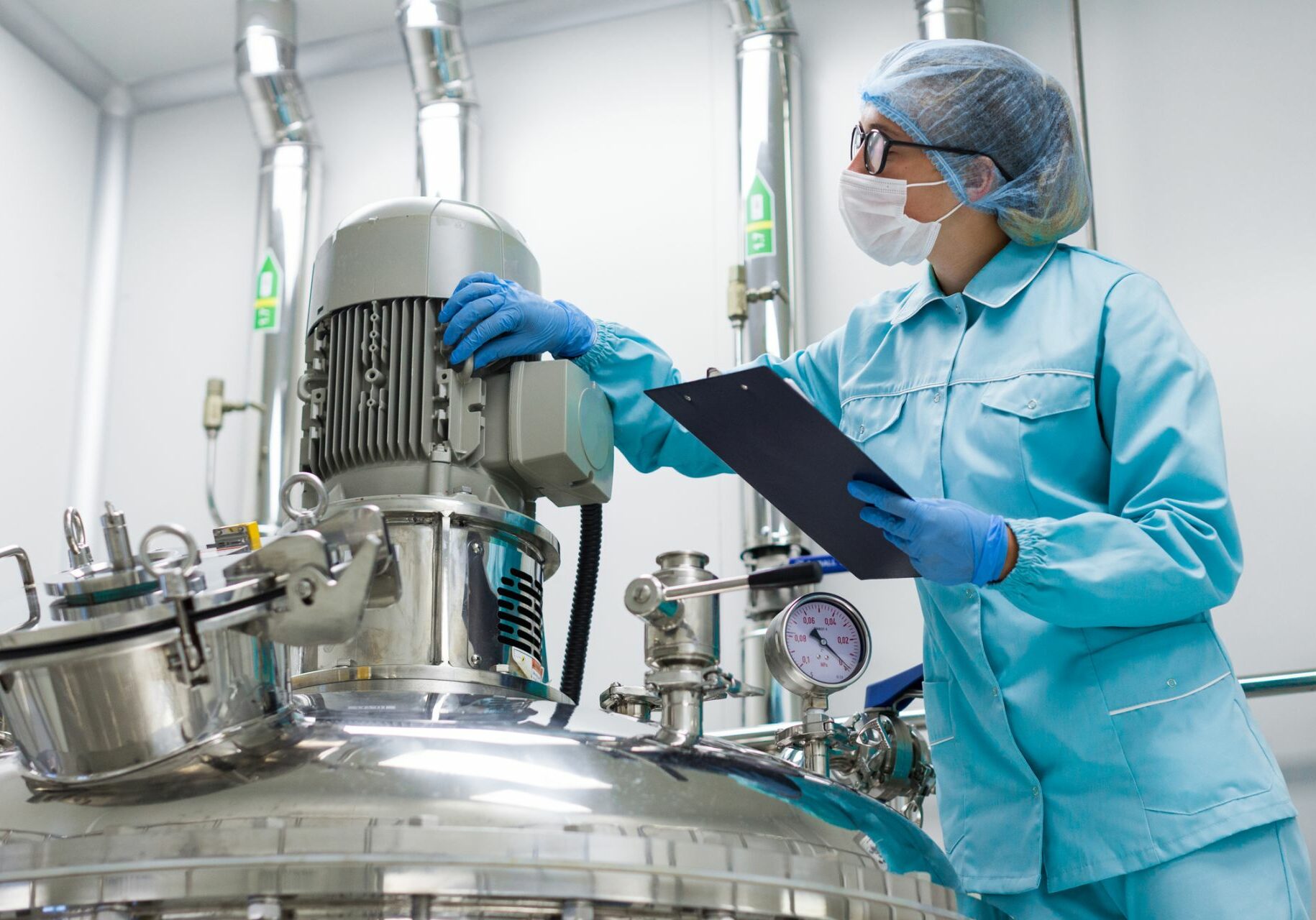
Continuous Reactors
Our continuous reactor systems offer productivity, reliability, and cost advantages for chemical manufacturing. Turn-key systems can be delivered.
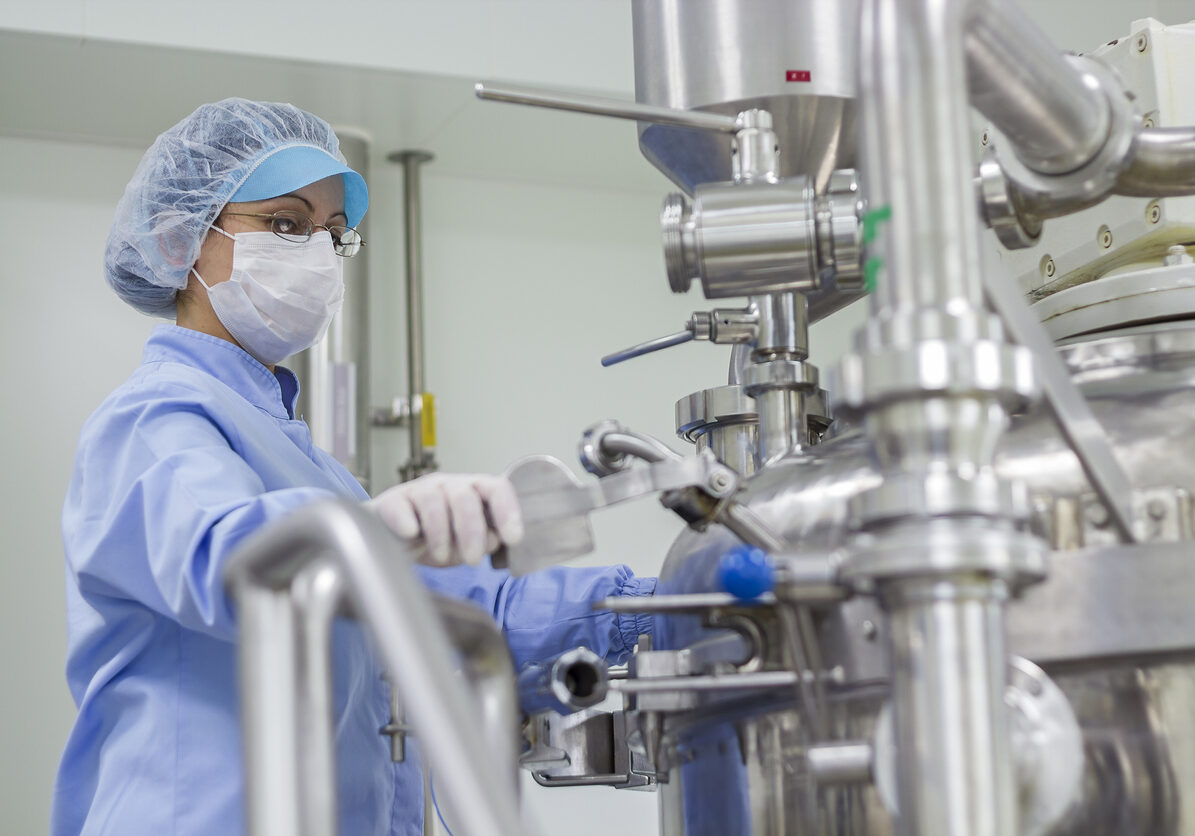
Modular Process Systems
Designed for flexible just in time manufacturing, our modular process systems are the perfect tools for increasing productivity and driving profitability.
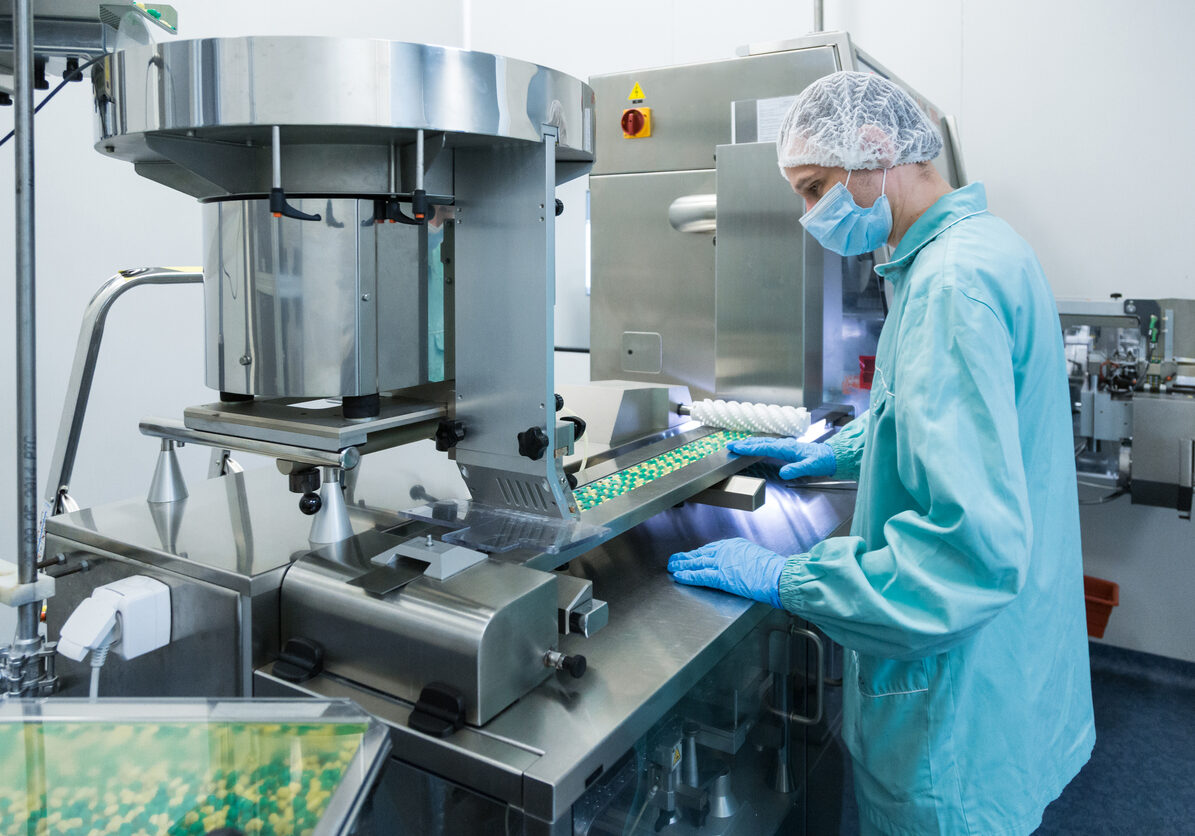
Separation Systems
Separation Systems are integral to a variety of industries that involve the processing of complex chemical mixtures that require safe, efficient, and reliable process equipment.
Process Catalysts
Metal Oxide Catalysts (MOC)
MOC products offer advantages as it can be used in both reductive and oxidative environments. Other advantages include high strength, attrition resistance, and tunable surface properties for various applications.
Custom Catalysts
Delivering on a foundation of catalyst development of over 30 years, we offer monolith-based, particulate catalysts, PGM, and base-metal catalysts.
Activated Carbon Monolith Catalysts (ACMC)
At Applied Catalysts, we strive to meet the unique needs of every customer. Whether you have a particular catalyst type in mind or need some additional guidance, we can help find the best solutions through all stages, from development to commercialization.
Granular Activated Carbon Catalysts (GACC)
GACC products have a high surface area and inert support for numerous catalyst applications. We can help you develop, test, and deliver the right catalyst.
CATALYST PROCESSES
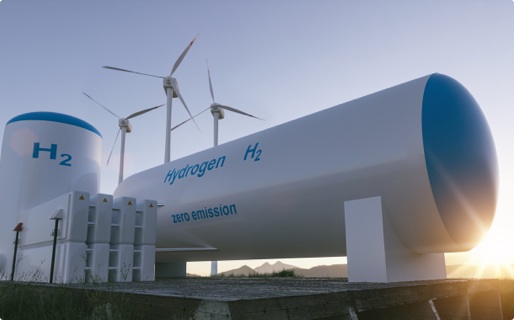
Hydrogenation
Hydrogenation is an essential process in a number of chemical process industries, including Specialty Chemicals, Pharmaceutical intermediates, and Polymers. We offer robust hydrogenation catalysts, systems, and services for a variety of classes of chemistry at the lab, pilot, and production scale.
APPLICATIONS + INDUSTRIES SERVED
We Can Meet Your Fine Chemical Process Needs
Applied Catalyst has the Catalysts, Systems and Services that you need in order to meet your goals. Here is what we can offer:
-
internal and industry catalysts
-
lab-scale, semi-pilot, and show-tube scale reactor testing
-
engineering to deliver systems
Bring Us Your Challenge

